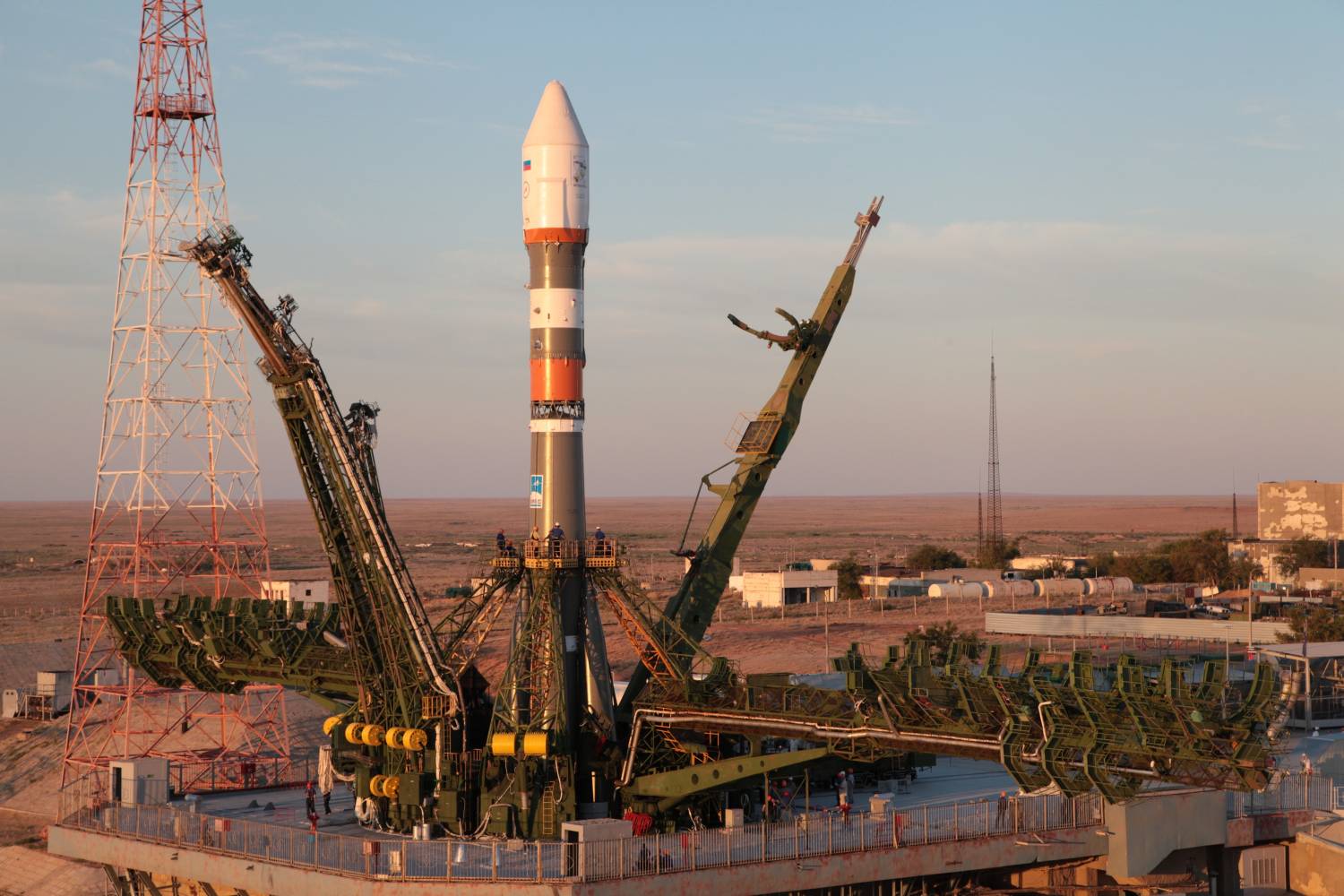An official in the Kazakhstan's Ministry of Digital Development, Defense and Aerospace Industry has confirmed that Russia may end its lease of Baikonur, Kazakhstan’s only cosmodrome and the world’s first and largest operational space launch facility.
“The issue of a step-by-step withdrawal of Baikonur out of a lease is on the agenda in Kazakhstan. We are now discussing it within the Kazakh government, as well as its pros and cons,” Interfax quoted Vice Minister Marat Nurgozhin as saying on April 11.
“Previously, we also discussed the issue with the management of Roscosmos,” Nurgozhin added, referring to the Russian space agency that uses the cosmodrome as the primary hub for its space activities.
Baikonur, while located in Kazakhstan, is leased by Russia for about $115 million annually. Constructed in the mid-20th century during the Soviet era, the cosmodrome once served as the launching point for Soviet satellites and manned missions into space.
After the collapse of the USSR nearly three decades ago, post-Soviet Russia found itself without a major spaceport on its territory. In 1994, then-Russian President Boris Yeltsin and Kazakhstani President Nursultan Nazarbayev signed a lease agreement under which Russia could operate the Baikonur Cosmodrome for 20 years. The period of the lease was later extended until 2050.
Today the Baikonur complex is an area in the shape of an ellipse measuring 56 miles from east to west and 53 miles from north to south, with the famed cosmodrome situated in the center. It is managed by the Roscosmos State Corporation and the Russian Aerospace Forces.
Baikonur is fully equipped with facilities for launching both manned and unmanned spacecraft, supporting several generations of Russian spacecraft such as Soyuz, Proton, Tsyklon, Dnepr, Zenit and Buran. During the temporary lapse of the U.S. space shuttle program, it played an essential role in operating and resupplying the International Space Station (ISS) with Soyuz and Progress spacecraft.
Russian officials have been trying to lessen dependency on Baikonur. In 2016, the Vostochny Cosmodrome in the Amur Region that borders China in Russia’s Far East was opened, from which the Meteor-M meteorological satellite will be launched this summer. Manned launches, however, will still be carried out from Baikonur since Vostochny is not capable to handle them.
Meanwhile, Kazakhstan’s senate ratified on Thursday an agreement signed with Russia in 2016 that would alter the 1995 document, when officials in Moscow and Nur-Sultan (formerly known as Astana) agreed on granting special status to the city of Baikonur. As part of the new agreement Kazakhstan will increase its presence within the area through governmental bodies such as Ministry of Justice, National Security Committee, and Border Service of the National Security Committee.
Last year officials from the two countries, once part of the Soviet Union, discussed the issue of withdrawing the Russian military from the cosmodrome and transforming it into a civilian space complex. The last military launch of a space satellite from Baikonur will take place in 2019, after which all military launches will be held from the Plesetsk Cosmodrome in the Arkhangelsk region, located in northwestern Russia and along the country’s Artic coastline.
Beibut Atamkulov, the former head of the Kazakhstan's Defense and Aerospace Industry ministry, believes that the new status of Baikonur can attract open commercial space exploration projects.
“Today, the commercial sphere is becoming quite attractive, there is a need for launches - more than a thousand satellites in the world are awaiting launch services,” he said in 2018, according to reports by Sputnik.







 Azerbaijan and Armenia started the process of demarcation of their border on Tuesday, with the installation of the first border markers based on ge...
Azerbaijan and Armenia started the process of demarcation of their border on Tuesday, with the installation of the first border markers based on ge...
 Armenian sappers commenced on Monday mine-clearance operations in the territories adjacent to the Saint Mary Church in village of Voskepar (Armenia...
Armenian sappers commenced on Monday mine-clearance operations in the territories adjacent to the Saint Mary Church in village of Voskepar (Armenia...
 Iran has refuted reports of alleged damage to Shimon Peres Negev Nuclear Research Centre located southeast of Dimona, Israel, during the recent air...
Iran has refuted reports of alleged damage to Shimon Peres Negev Nuclear Research Centre located southeast of Dimona, Israel, during the recent air...
 Iran’s Foreign Minister, Hossein Amir-Abdollahian, has labeled a foiled Israeli drone attack in certain parts of the country as a "failure" for Isr...
Iran’s Foreign Minister, Hossein Amir-Abdollahian, has labeled a foiled Israeli drone attack in certain parts of the country as a "failure" for Isr...



